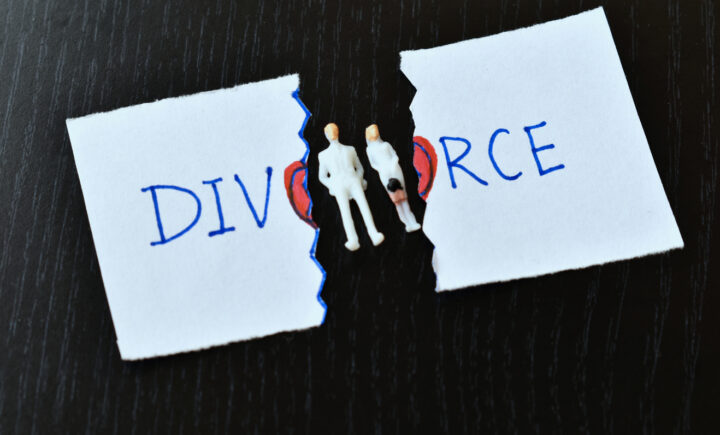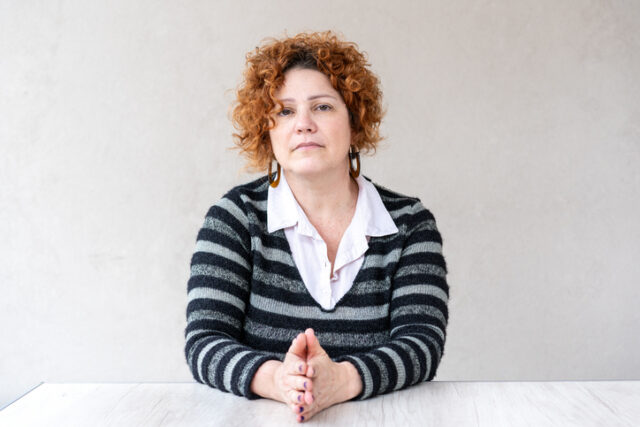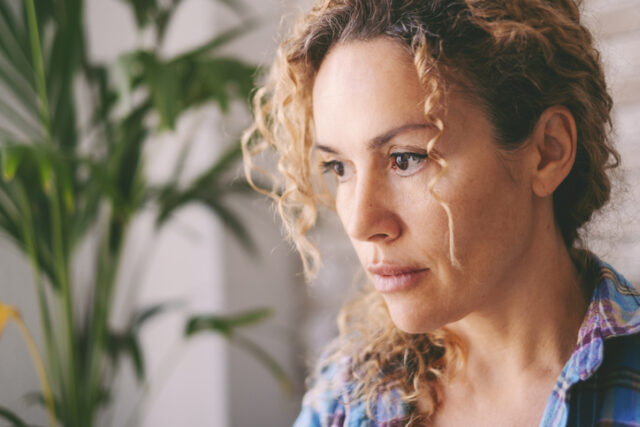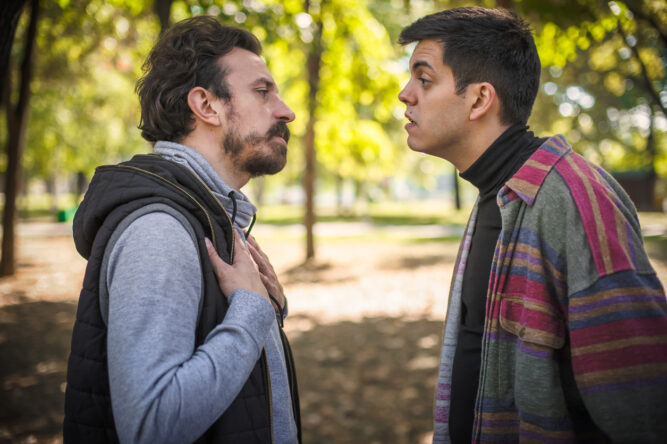For some people, getting divorced isn’t the end of their belief in love—it’s just the end of believing that marriage is necessary.

After everything they’ve been through, many divorced people realise that committing your life to someone doesn’t have to come with paperwork, pressure, or social expectations. Here are some perfectly good reasons many divorced people simply have no interest in saying “I do” ever again, even if they meet someone amazing—and why it’s not about bitterness, but about wisdom hard-earned through experience.
1. They learned that love doesn’t need a marriage certificate to be real.

After divorce, a lot of people come to see that deep love, loyalty, and connection don’t magically appear because of a ring or a ceremony. They realise that marriage is a legal structure, not a guarantee of emotional safety or commitment. The experience often pulls their focus away from titles and onto the actual relationship itself. They’re more interested in how it feels, how it grows, and whether it’s healthy, rather than whether it fits a traditional mould.
2. They value their independence in a whole new way.

Going through a divorce often forces you to stand on your own feet again, sometimes after years of compromise or dependency. That hard-won independence becomes something people fiercely protect. It’s not that they’re unwilling to share their life with someone, but the thought of legally intertwining their autonomy again feels unnecessary at best and risky at worst. Freedom becomes something they don’t want to casually sign away again.
3. They know firsthand that marriage can’t fix relationship problems.

Plenty of people go into marriage thinking it will stabilise or improve a rocky relationship. After living through the fallout, many divorced people know better. If anything, marriage tends to magnify existing cracks. Once you’ve seen that commitment on paper doesn’t equal emotional stability, you’re a lot less likely to believe marriage is the solution. They want relationships that stand strong on their own, not ones that rely on vows to survive.
4. They’re tired of the societal pressure to “complete the story.”

Society still pushes the idea that real happiness means finding your forever person and getting married. However, after a divorce, a lot of people start to question why their life story needs that specific ending at all. They realise their happiness isn’t waiting on a second wedding. It’s already available in their career wins, their friendships, their quiet peace at home. They stop chasing an old narrative that doesn’t fit anymore.
5. They don’t want to blend finances again.

Divorce can be financially brutal—splitting assets, managing debts, fighting over property. After surviving that process, the idea of merging finances with someone new can feel like opening a door you fought so hard to close. Many divorced people want to keep their financial autonomy intact. That doesn’t make them selfish. In reality, it’s about maintaining hard-earned security and knowing you can stand strong without financial entanglement complicating everything.
6. They don’t romanticise weddings or traditional milestones anymore.

After going through it once, a lot of people realise that weddings, rings, and anniversaries are lovely, but they don’t define the health or depth of a relationship. The romance wears thin when you’ve seen how little it protects against real-world struggles. They’re less interested in the performance and more interested in the quiet, solid, daily connection. They don’t need another big day to feel valid. They need real, grounded love that doesn’t depend on pageantry.
7. They want love without legal obligations hanging over it.

Marriage turns personal issues into legal ones, and when a marriage ends, you’re not just untangling emotions—you’re untangling law, property, obligations. It’s heavy, complicated, and often painful in ways people underestimate until they’re living it. For many divorced people, the idea of loving freely, without courts and contracts involved, feels like a return to something pure. It’s about staying because you want to, not because paperwork says you should.
8. They understand that healthy commitment doesn’t require marriage.

Commitment is about daily choices, not one big ceremony. Divorced people who’ve reflected deeply on their past know that real loyalty is about showing up, communicating, working through hard times, not about the title you put on the relationship. They stop seeing marriage as proof of seriousness. They know someone can be devoted without ever signing a form—and that devotion matters way more than a change of surname.
9. They’re more protective of their peace than ever before.

Divorce often teaches you just how precious your peace is. Once you’ve gone through the emotional exhaustion of a breakup, rebuilding yourself, and starting fresh, you guard your peace like a fortress. Getting legally bound to someone again can feel like handing the keys to that fortress away. Many choose to love freely, but keep their core life intact, protected, and peaceful without the extra complications marriage can bring.
10. They’ve built a life that feels complete on its own.

Post-divorce, many people rediscover passions, friendships, travel, work, hobbies—all the parts of life that light them up outside of romantic partnership. Their lives are full and rich without needing to be “completed” by marriage again. Instead of seeing singleness or non-married relationships as lacking, they see it as freedom to choose every day where their energy goes. And that freedom starts feeling far more valuable than chasing traditional boxes to tick off.
11. They’ve realised they don’t need external validation.

Marriage is still often treated like a societal stamp of approval. “You made it. You’re officially loved.” After divorce, a lot of people stop caring about that validation because they know how hollow it can be. They trust themselves to know when they’re loved, supported, and connected—without needing outside witnesses or ceremony to certify it. Their love becomes personal, private, and deeply genuine.
12. They’re not willing to risk another legal battle.

Divorce is often expensive, emotionally draining, and legally complex. Even the most amicable separations can drag out painfully. After surviving that storm, many people are clear: they don’t ever want to put themselves in that position again. Protecting their mental health, financial stability, and emotional freedom feels more important than the hope that “this time will be different.” It’s not cynicism; it’s practical, self-respecting wisdom.
13. They trust actions over words or ceremonies now.

Experience teaches you that big declarations mean nothing without consistent, daily effort. Divorced people know it’s easy to make vows—it’s harder to live them out in the quiet moments when nobody’s watching. They don’t need promises sealed with rings anymore. They watch how people show up. Who calls when you’re sick. Who listens when you’re scared. That’s the kind of commitment they want to build their lives around now.
14. They want connection without giving up their hard-won selfhood.

After divorce, many people realise how much of themselves they lost in the merging. Now, they want relationships where connection doesn’t come at the cost of individuality, where they’re not blending into someone else’s life, but walking alongside them as equals. They know marriage can sometimes blur those lines too easily, and they’re fiercely protective of keeping their own dreams, values, and identity fully alive, whether partnered or not.
15. They simply don’t feel the need to explain their choice anymore.

At a certain point, a lot of divorced people realise they don’t owe anyone an explanation. Choosing not to remarry isn’t a statement against love—it’s a statement in favour of living life on their own terms. They’ve earned the right to choose relationships, structures, and futures that feel good to them—without pressure to meet anyone else’s expectations. And honestly, that’s what real freedom looks like.




